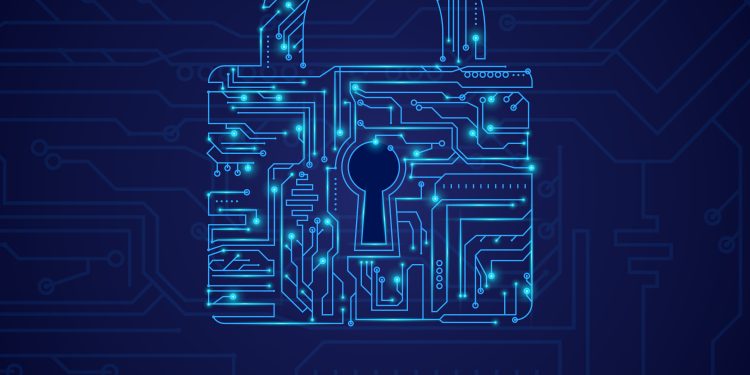A recent report by The World Bank Group aims to determine whether there are benefits to leveraging tokenization for infrastructure projects.
Infrastructure investment plays a vital role in fostering economic growth and sustainability, but it often faces challenges such as poor governance, high costs, and lack of transparency. By leveraging the core features of blockchain, such as decentralization and transparency, tokenization can improve the efficiency of financing and management of infrastructure projects. For example, when there’s a public record of where money goes, it’s more difficult for local authorities to lose it.
The use of smart contracts—self-executing contracts with predefined conditions—can further enhance transparency and efficiency in infrastructure management. Smart contracts can verify invoices, link them to real-time data on a blockchain, and automate various processes.
However, there are significant obstacles to widespread adoption. Tokenizing different security types and determining the regulatory framework applicable to each type remains a challenge. Tokenized securities must comply with legal regulations similar to traditional securities. But, according to The World Bank, only a few jurisdictions recognize tokens as digital assets. This recognition is crucial because it determines the legal status of infrastructure tokens and their ability to be traded on decentralized crypto exchanges.
There is also a lack of legal clarity and globally accepted standards for smart contracts. And as a result, it hinders their enforceability.
The use of smart contracts also introduces cybersecurity risks. The automation and irrevocability of smart contracts can make them vulnerable to cyber attacks and fraudulent activities. Ensuring cybersecurity requires compliance with anti-money laundering and KYC (Know Your Customer) regulations, as well as maintaining accountability of token ownership through collaboration with security token exchanges. These compliance measures can be costly.
While infrastructure tokenization holds promise, the complexities of regulation, legal status, and cybersecurity must be carefully considered to realize its full potential. Several countries, including the United States, Luxembourg, Liechtenstein, Switzerland, France, and the European Union, have implemented conducive regulatory frameworks for tokenization. In order to work properly, those regulations will have to be standardized and adopted in emerging markets for institutions, including The World Bank, to feel comfortable in using them.











